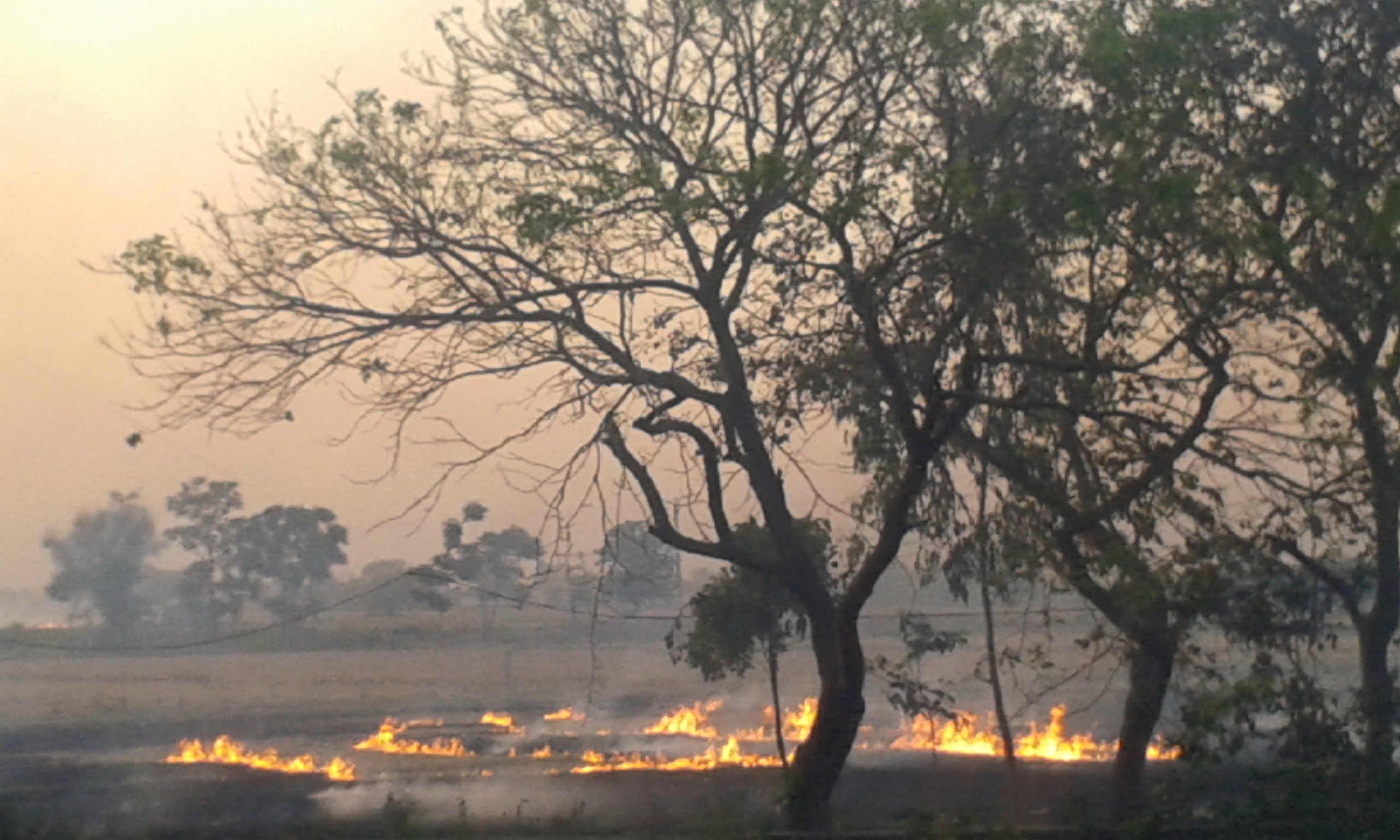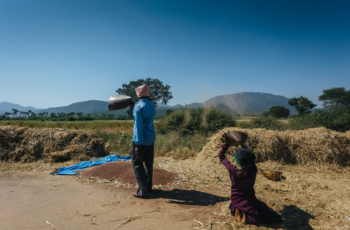Overview
Researchers
Kelsey Jack
Assistant Professor in the Department of Economics at Tufts University
Michael Greenstone
Professor of Economics at the Massachusetts Institute of Technology
Usman Naeem
Country Economist International Growth Centre (IGC), Pakistan
- Country
- Pakistan
- Timeline
- 12/15/2021 - 07/31/2023
- Previously Funded Stages
- Pilot
- Constraints
- Externalities, Input and Output Markets
- Technology Category
- Inputs

Photo credit: Anil Yadav | Flickr.com
Increased agricultural productivity can result in negative environmental externalities. In South Asia, mechanization of rice paddy production can increase farmers’ profits; however, it has also led to wide-scale crop residue (rice stubble) burning to clear the field after harvest causing massive air pollution. In the Punjab province of Pakistan, pollution from crop residue burning is estimated to be responsible for 20 percent of overall air pollution. While the government has banned crop residue burning, farmers’ struggle to access affordable alternatives and, therefore, continue to burn. In partnership with the Punjab Agriculture Department (AgriPunjab) and Precision Development, this pilot examines early-stage impacts of AgriPunjab’s “Mechanised Management of Rice Crop Residue” (MMRCR) program, which subsidizes equipment (primarily Rice Straw Shredders and Happy Seeders) that help farmers’ clear their fields without burning.
The MMRCR program provides heavily-subsidized equipment to farmers’ chosen through a public lottery in fifteen major rice-growing districts. The pilot’s learning objectives include 1) uptake of subsidized equipment (demand) among both lottery winners and farmers’ who abstained from entering the lottery; and 2) self-reported and actual equipment use. Researchers aim to leverage remote sensing data paired with in-person farm visits to measure equipment use, burning, and agricultural yields. The pilot will prepare for a full randomized evaluation to assess the impacts of the MMRCR program on crop burning, and if appropriate, test complementary interventions, such as direct payments.
This pilot is ongoing, and findings are forthcoming.
